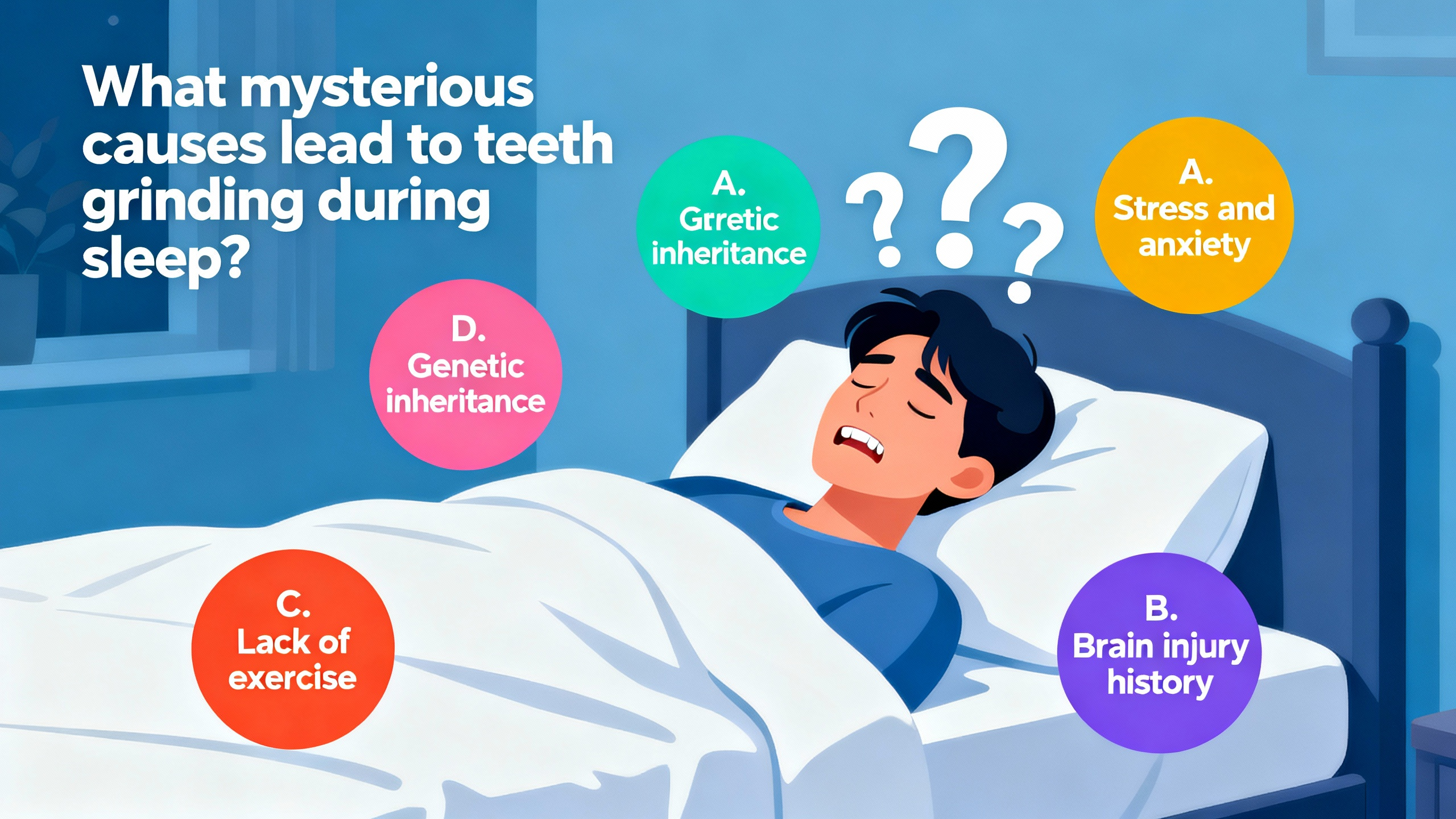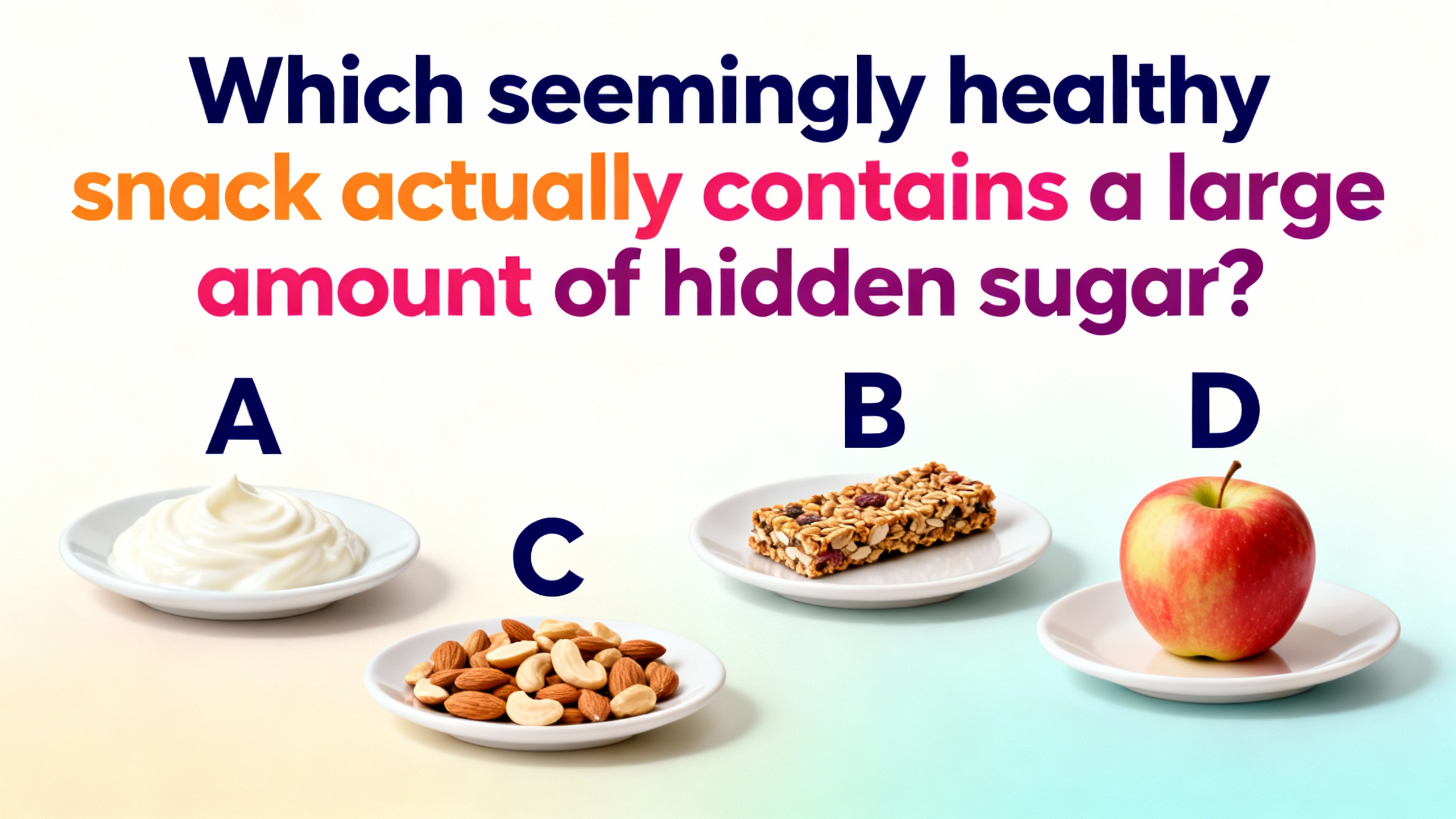Physiological Mechanisms Behind the Metallic Taste After a Long - Distance Run
 After a long - distance run, a peculiar and often unwelcome sensation that some people encounter is a metallic taste in their mouths. This seemingly strange occurrence can be attributed to a variety of physiological factors, each with its own unique way of contributing to this post - run phenomenon. One of the primary culprits behind this metallic taste is the breakdown of red blood cells. During intense exercise, specifically long - distance running, the human body is subjected to significant mechanical stress. The repeated and forceful impact of the feet hitting the ground with every stride can lead to a phenomenon known as "foot strike hemolysis."
After a long - distance run, a peculiar and often unwelcome sensation that some people encounter is a metallic taste in their mouths. This seemingly strange occurrence can be attributed to a variety of physiological factors, each with its own unique way of contributing to this post - run phenomenon. One of the primary culprits behind this metallic taste is the breakdown of red blood cells. During intense exercise, specifically long - distance running, the human body is subjected to significant mechanical stress. The repeated and forceful impact of the feet hitting the ground with every stride can lead to a phenomenon known as "foot strike hemolysis."
To understand foot strike hemolysis better, let's take a closer look at the mechanics of long - distance running. When a runner's foot makes contact with the ground, it experiences a substantial amount of force. This force is not only absorbed by the bones and joints but also affects the blood vessels in the feet. The constant pounding can cause the delicate red blood cells in these vessels to rupture. Red blood cells are essential for transporting oxygen throughout the body, and they contain a crucial protein called hemoglobin. Hemoglobin is rich in iron, which gives blood its characteristic red color. When red blood cells break down due to foot strike hemolysis, the hemoglobin is released into the bloodstream. As the blood circulates, this iron - containing hemoglobin can eventually reach the taste buds in the mouth. Our taste buds are highly sensitive organs, and when they come into contact with the iron, they send signals to the brain that are interpreted as a metallic taste. For example, imagine a professional long - distance runner who trains for several hours a day. With each step, the force exerted on their feet is immense, increasing the likelihood of foot strike hemolysis and the subsequent metallic taste.
 Another significant contributing factor to the metallic taste is oxidative stress and muscle damage. Long - distance running is an extremely strenuous activity that places a great deal of stress on the muscles. The continuous contraction and relaxation of muscles during a long run require a large amount of energy. To meet this energy demand, the body increases its metabolic rate, which in turn leads to the production of reactive oxygen species (ROS). ROS are highly reactive molecules that can cause damage to various cells in the body, including muscle cells.
Another significant contributing factor to the metallic taste is oxidative stress and muscle damage. Long - distance running is an extremely strenuous activity that places a great deal of stress on the muscles. The continuous contraction and relaxation of muscles during a long run require a large amount of energy. To meet this energy demand, the body increases its metabolic rate, which in turn leads to the production of reactive oxygen species (ROS). ROS are highly reactive molecules that can cause damage to various cells in the body, including muscle cells.
When muscle cells are damaged by ROS, the body initiates a repair process. During this repair process, a protein called myoglobin is released. Myoglobin is similar to hemoglobin in that it also contains iron. It plays a crucial role in storing and transporting oxygen within muscle cells. When myoglobin is released into the bloodstream as a result of muscle damage, it can have a similar effect as the iron from broken - down red blood cells. The iron in myoglobin can circulate in the blood and reach the taste buds in the mouth, contributing to the metallic taste. For instance, a recreational runner who decides to participate in their first half - marathon may experience more muscle damage compared to their normal running routine. This increased muscle damage can lead to a higher release of myoglobin and a more pronounced metallic taste.
Additionally, the body's increased respiratory rate during running can have a notable impact on the development of a metallic taste. As a runner picks up the pace, their breathing becomes more rapid. This rapid breathing means that they inhale a larger volume of air in a shorter period. Along with the air, they may inhale various dust particles, pollutants, or other substances present in the environment. In urban areas, for example, the air may contain high levels of pollutants such as particulate matter, heavy metals, or chemicals from vehicle exhausts. These substances can react with the saliva in the mouth. Saliva plays an important role in maintaining the chemical balance in the mouth and protecting the oral cavity. When these inhaled substances react with saliva, they can create a metallic or unpleasant taste. A runner who runs along a busy city street may notice a more prominent metallic taste due to the higher concentration of pollutants in the air compared to someone running in a clean, rural area.
Psychological and hormonal factors can also play a significant role in the perception of a metallic taste after a long - distance run. The stress and fatigue associated with long - distance running are well - known. As the body endures the physical challenges of a long run, it triggers a stress response. This stress response leads to the release of certain hormones in the body, with adrenaline being one of the key players. Adrenaline is a hormone that prepares the body for a "fight or flight" situation. It can have various effects on the body, including affecting the taste buds.
Adrenaline can alter the way the taste buds function and change our perception of flavors. It can make the taste buds more sensitive to certain substances, including the iron from the breakdown of cells. Moreover, stress can cause dry mouth. When we are stressed, the body's autonomic nervous system reduces the production of saliva. Saliva serves multiple functions in the mouth, such as cleansing the oral cavity, lubricating the food we eat, and diluting any substances that come into contact with the taste buds. With less saliva, the taste buds are more exposed to any substances present in the mouth. This increased exposure to the iron from broken - down red blood cells or released myoglobin makes the metallic taste more noticeable. For example, a runner who is nervous about an upcoming race may experience higher levels of stress during the run. This stress can lead to a more pronounced dry mouth and a stronger metallic taste.
Furthermore, dehydration can exacerbate the metallic taste. During a long - distance run, the body loses a significant amount of water through sweating. If the runner does not replenish this lost water adequately, they can become dehydrated. Dehydration can thicken the saliva, making it less effective at cleansing the mouth and diluting substances. As a result, the iron and other substances in the mouth are more concentrated, intensifying the metallic taste. A runner who forgets to carry water during a long run or does not drink enough at regular intervals is more likely to experience a stronger metallic taste due to dehydration.
The diet of the runner can also have an impact. Consuming certain foods or supplements high in iron before a long - distance run can increase the amount of iron in the bloodstream. If the body is already under stress from the run, the additional iron can contribute to a more prominent metallic taste. For instance, a runner who eats a large serving of red meat, which is rich in iron, a few hours before a run may notice a stronger metallic taste compared to someone who has a lighter, iron - poor meal.
In conclusion, the metallic taste after a long - distance run is a complex phenomenon that involves multiple physiological, environmental, and psychological factors working together. It is not simply a random occurrence but rather a result of the body's response to the physical demands of long - distance running. Understanding these factors can help runners take appropriate measures to reduce or manage this unpleasant taste, such as staying hydrated, choosing running routes with cleaner air, and managing stress levels.









